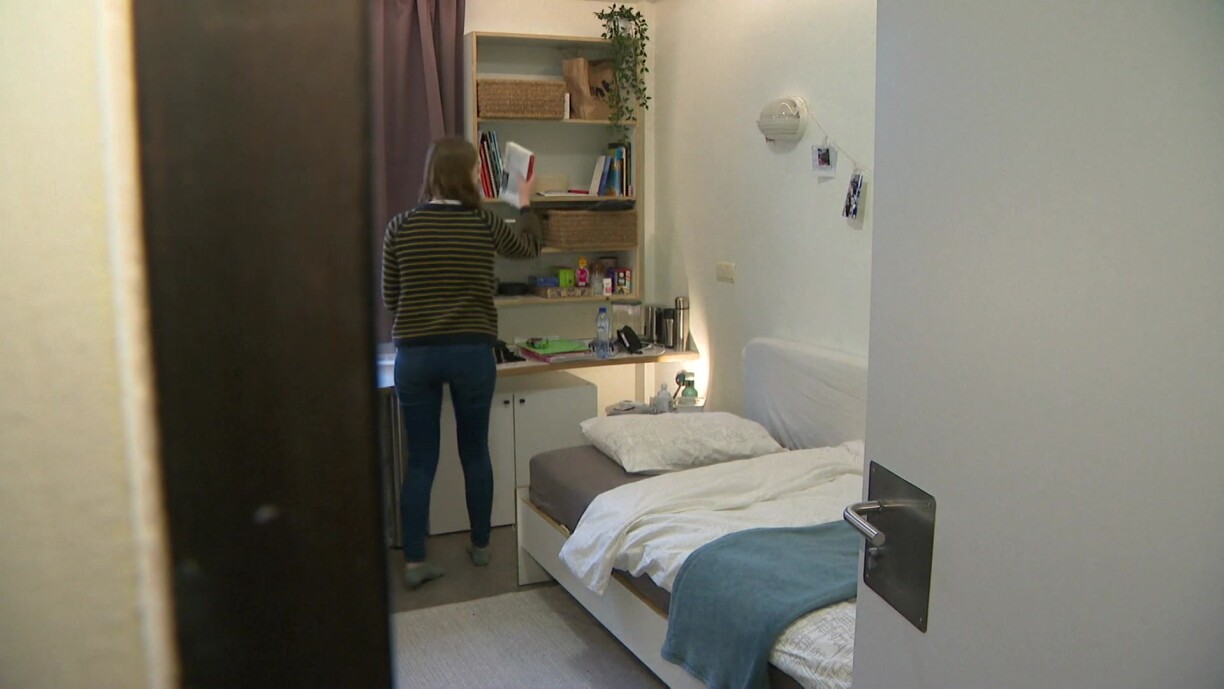
This summer, many of the 2,800 pupils who graduated from secondary school will be beginning a new stage of their studies. But before the lectures begin, they must first overcome the obstacle that is finding somewhere to live.
The Association of Luxemburg Student Unions (ACEL) says that student accommodation is becoming increasingly expensive, while the number of available student lets has dropped both at home and in other countries.
Although many of Luxembourg’s secondary school graduates go on to study abroad, they too are struggling to find suitable accommodation. ACEL committee member Sophie Mangen, who studies in Cologne, says “I have been here five years now. The first year, I paid €600 per month. Now I have a new apartment, but the prices have shot up across the board.”
Even in the Belgian capital of Brussels, a popular destination for Luxembourg students, rooms in a student let now cost around 500 to 600 euros per month. Finding a flatshare is becoming increasingly difficult for a number of reasons, says ACEL vice-president Christine Lenertz. “As students, we’re in direct competition with a lot of young couples wanting two-bedroom flats. Another issue is the fact that many landlords often don’t want to rent their properties out to students.”
Ann Bertemes, president of the ACEL, says the issue has been ongoing for some years. “I formed my first flatshare with other students four years ago. We contacted so many landlords, but only got to view eighteen apartments. And we only managed to get the very last one we visited.”
The ACEL has issued general advice to students seeking accommodation: apply for lots of student lets, be patient, and above all, don’t be too picky. Compromising and settling for a student residence is also an option, giving students time to look for flatshares elsewhere.
Each city has its own issues, but the ACEL offers a guide with advice from various student unions to help newcomers. The latest version of the guide is available online on the ACEL website, while the brochure version, with updated rental prices, is due to be printed.
Despite the issues, Lenertz explains that new students should not be discouraged by the difficulties. “We work alongside the government’s Financial Aid Department. They’re very open to discussions and happy to meet students. Also, student grants are adapted in line with the index.”
The ACEL helps students wherever it can. However, actively searching for accommodation does not fall under its remit.
Video report in Luxembourgish: